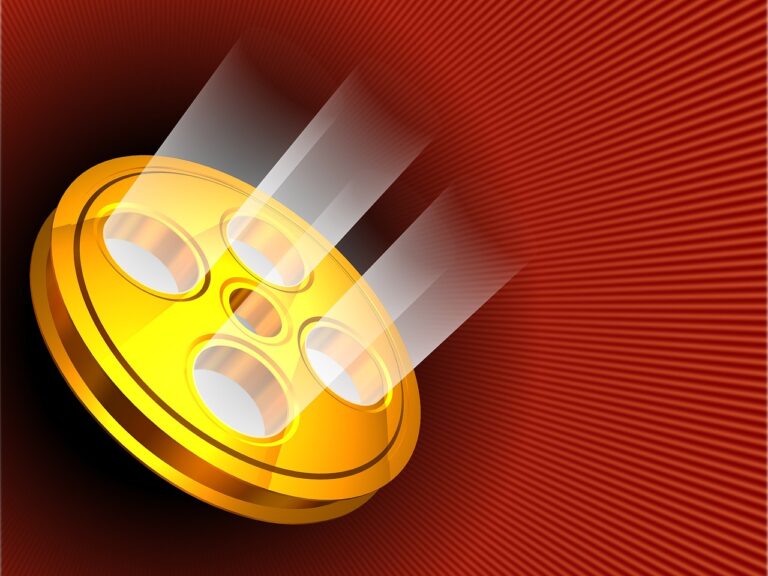Exploring Music Label Ventures into NFTs: Tokenizing Music and Collectibles: Betbhai9.com whatsapp number, Radhe exchange id, Lotus365 login
betbhai9.com whatsapp number, radhe exchange id, lotus365 login: Exploring Music Label Ventures into NFTs: Tokenizing Music and Collectibles
The music industry has seen a significant shift in recent years with the rise of NFTs (non-fungible tokens). NFTs have provided a new way for artists and music labels to monetize their content and engage with fans in a unique and innovative manner. Music labels are now exploring the world of NFTs, tokenizing music and collectibles to create a new revenue stream and enhance fan interaction.
What are NFTs?
NFTs are unique digital assets that are stored on the blockchain. Unlike cryptocurrencies such as Bitcoin or Ethereum, NFTs are indivisible and cannot be exchanged like-for-like. Each NFT is one-of-a-kind, making them valuable for collectors and fans alike.
Why are Music Labels Getting Involved?
Music labels have traditionally relied on revenue streams such as streaming, merchandise, and ticket sales. However, with the rise of NFTs, labels are seeing an opportunity to create new and exciting ways to engage with fans and generate revenue. By tokenizing music and collectibles, labels can offer exclusive content and experiences to fans in a digital format.
How are Music Labels Using NFTs?
Music labels are using NFTs in a variety of ways, from tokenizing music albums and tracks to creating virtual collectibles and experiences. Labels are minting limited edition NFTs that can only be purchased and owned by a specific number of fans, creating scarcity and exclusivity. Fans can then buy, sell, and trade these NFTs on blockchain marketplaces, creating a new secondary market for music collectibles.
Benefits of NFTs for Music Labels
Tokenizing music and collectibles through NFTs offers several benefits for music labels. Firstly, NFTs provide a new revenue stream for labels, allowing them to monetize their content in a unique and innovative way. Secondly, NFTs can help labels to engage with fans on a deeper level, offering exclusive content and experiences that cannot be found elsewhere. Lastly, NFTs can create a sense of community among fans, as they can buy, sell, and trade collectibles with like-minded individuals.
Challenges of NFTs for Music Labels
While NFTs offer exciting opportunities for music labels, there are also challenges to consider. One of the main challenges is the environmental impact of blockchain technology, as minting NFTs requires a significant amount of energy. Labels will need to consider how they can offset this impact or find more sustainable solutions. Additionally, there is a learning curve for fans who may be unfamiliar with blockchain technology and how to buy and sell NFTs.
In conclusion, NFTs have opened up a new world of possibilities for music labels, allowing them to tokenize music and collectibles in a way that was previously unthinkable. By embracing NFTs, labels can create new revenue streams, engage with fans in innovative ways, and build a sense of community among fans. As the music industry continues to evolve, NFTs are likely to play an increasingly important role in shaping the future of music consumption and fan interaction.
FAQs
1. What is the difference between NFTs and cryptocurrencies?
NFTs are unique digital assets stored on the blockchain, while cryptocurrencies such as Bitcoin are fungible and can be exchanged like-for-like.
2. How can fans buy and sell NFTs?
Fans can buy and sell NFTs on blockchain marketplaces such as OpenSea and Rarible using cryptocurrency.
3. Can I own a physical copy of an NFT?
NFTs are digital assets and do not have a physical equivalent. However, some NFTs may come with physical collectibles or experiences as part of the purchase.
4. Are NFTs sustainable?
The environmental impact of NFTs is a concern, as minting NFTs requires a significant amount of energy. However, there are efforts to find more sustainable solutions for blockchain technology.
5. Will NFTs replace traditional music consumption?
NFTs offer a new way to engage with music and collectibles, but they are unlikely to replace traditional music consumption entirely. NFTs provide a complementary experience for fans and collectors.







